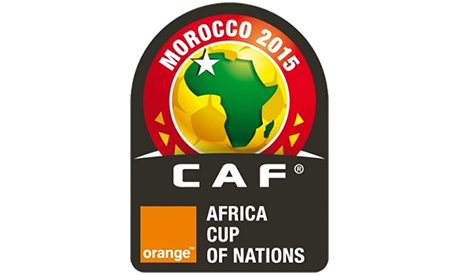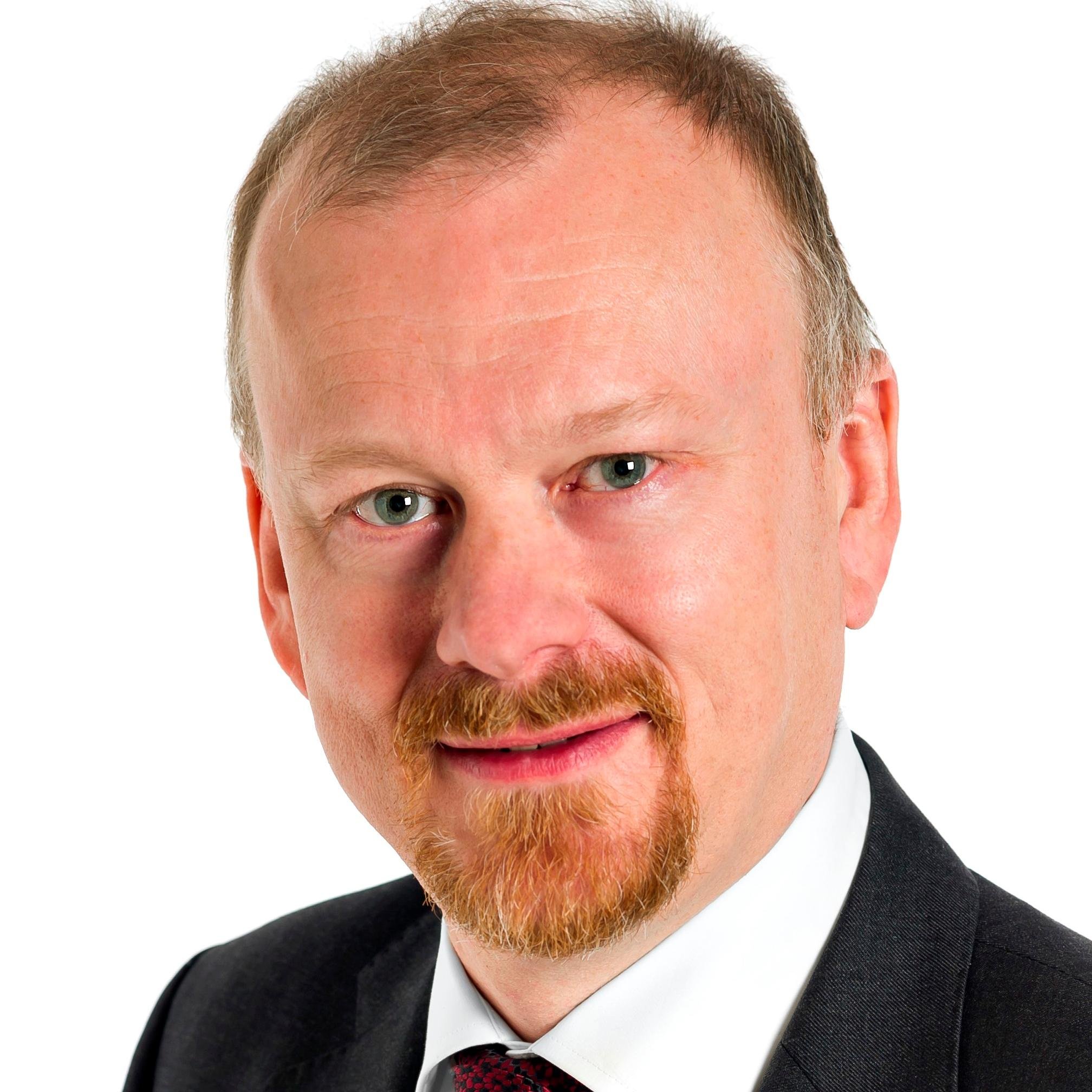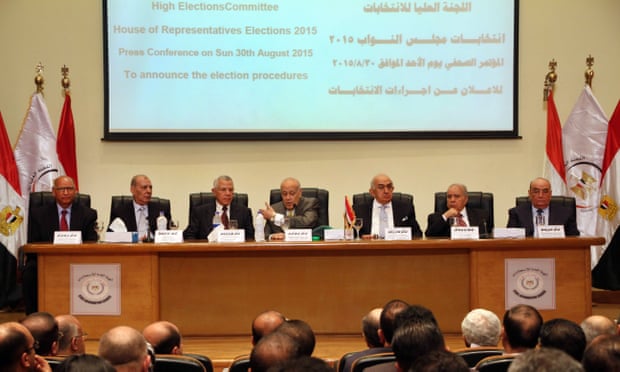This quintet which are “playing catch-up after significant political and economic upheaval . . . are increasingly attractive to foreign firms and international investors with an eye on long-term returns from fast-growing markets,” Barclays said in its inaugural Africa Trade Index.
Matt Tuck, head of global corporate banking at Barclays, said the five were open to international trade and had rapidly growing populations that are likely to reach 325m in total by 2020, comparable to that of the US. Moreover, any repeat of the 7.3 per cent compound annual economic growth they have experienced over the past five years would lead to a significant rise in household spending. Most are relatively unreliant on commodity exports by African standards, shielding them from some of the storms currently battering emerging markets.
“The core underlying fundamentals are getting better and with more stable government it does represent an opportunity for growth,” said Mr Tuck. “It’s a much more encouraging outlook than in the past.” Overall, Barclays found South Africa and Nigeria offered the best opportunities for foreign companies, in terms of unmet demand, the absence of major barriers to cross-border trade and their connectivity with other African countries.
While South Africa is the “standout performer”, Barclays said Nigeria arguably represented the “most exciting” long-term opportunity. However it added that the country suffered from “logistical difficulties posed by inadequate infrastructure,” which meant many companies had to provide their own power and water supplies.
The bank, which has operated in Africa for more than 150 years and has 1,500 branches across the continent, said Nigeria needed to reduce non-tariff barriers to trade, as well as invest heavily in transport networks and power provision. Barclays said that east Africa was emerging as a trade hub, with improved border administration helping create a fast-growing regional market.
The east African Community introduced a single customs territory last year, earning praise from Erich Kieck, director for capacity building at the World Customs Organisation, for “remarkable work simplifying the control of goods moving across the customs union”.
Kenya is ranked third in Barclays’ index, with Tanzania and Ethiopia also in the top six. Mr Tuck said Kenya had taken on the role of “regional leader”, pushing for regional policy in terms of infrastructure and administration and developing strong regional and global air connectivity.
“Many countries, particularly in east Africa, have invested in major developments in both infrastructure and ‘soft’ infrastructure such as tariffs and border policies,” said Mr Tuck. He welcomed the development of “one-stop” border posts, where a single customs check is run jointly by neighbouring countries, rather than each country operating their own station.
East Africa is leading the way in this regard, with seven OSBPs operational or in development in Tanzania and six in Uganda and Kenya, although they are spreading further afield with even Zimbabwe implementing such a system at its Chirundi border post with Zambia.
Developments such as these have helped the dollar value of intra-regional exports expand at a compound annual growth rate of 16 per cent between 2004 and 2013, Barclays said, double the 7.6 per cent CAGR for sub-Saharan exports in total, which hit $460bn in 2014.
Mr Tuck said intra-regional trade still only represented 17 per cent of total trade flows in sub-Saharan Africa, below the levels in regions such as Latin America (20 per cent), North America (32 per cent), Asia (48 per cent) and Europe (66 per cent).
Having said that, bodies such as the African Development Bank have estimated that the true figure is nearer to 40 per cent when informal and unofficial cross-border trade is taken into account.
The report, which was compiled as an aid for UK exporters but has wider ramifications, also pointed to the degree to which Europe has been usurped by the rise of Asia, which accounted for 19 per cent of sub-Saharan Africa’s goods imports in 2004 but 32 per cent by 2013.
Barclays saw some of the best opportunities in the retail sector, with the development of more formal shops, malls and supermarkets allowing customers to “trade up”, and expanding mobile and internet services creating new avenues for online retailers. Opportunities abound elsewhere though, with Diageo, the UK drinks group, currently generating 13 per cent of its sales in sub-Saharan Africa, a figure it hopes to raise to 20 per cent.
 Mauritania shocked South Africa 3-1, Ghana edged Rwanda 1-0 and Nigeria were held 0-0 by Tanzania Saturday in Africa Cup of Nations matchday 2 qualifiers. A blunder by goalkeeper and captain Itumeleng Khune after five minutes cost South Africa a goal in Nouakchott and set the home team on the road to their greatest Cup of Nations triumph.
Mauritania shocked South Africa 3-1, Ghana edged Rwanda 1-0 and Nigeria were held 0-0 by Tanzania Saturday in Africa Cup of Nations matchday 2 qualifiers. A blunder by goalkeeper and captain Itumeleng Khune after five minutes cost South Africa a goal in Nouakchott and set the home team on the road to their greatest Cup of Nations triumph. A team of experts raised by the World Health Organisation (WHO) has developed Fertility Guidelines especially on the practice of In Vitro Fertilisation (IVF)/Assiated Reproductive Technologies (ARTs) in Africa.
A team of experts raised by the World Health Organisation (WHO) has developed Fertility Guidelines especially on the practice of In Vitro Fertilisation (IVF)/Assiated Reproductive Technologies (ARTs) in Africa. Veteran investor Jerome Booth, who has long extolled the virtues of emerging markets, is to launch a new investment fund that will focus on renewable and conventional energy projects in Africa.
Veteran investor Jerome Booth, who has long extolled the virtues of emerging markets, is to launch a new investment fund that will focus on renewable and conventional energy projects in Africa. Egypt will hold a long-awaited parliamentary election in two phases starting on 18-19 October, the election commission has said.
Egypt will hold a long-awaited parliamentary election in two phases starting on 18-19 October, the election commission has said. Southern Africa-focused low-cost airline Fly Africa will expand to fly new routes to destinations in East and West Africa, Gabon's president said on Saturday.
Southern Africa-focused low-cost airline Fly Africa will expand to fly new routes to destinations in East and West Africa, Gabon's president said on Saturday. South African conglomerate Bidvest Group reported an 8.6 percent rise in annual profit on Monday, buoyed by its food service business.
South African conglomerate Bidvest Group reported an 8.6 percent rise in annual profit on Monday, buoyed by its food service business.




